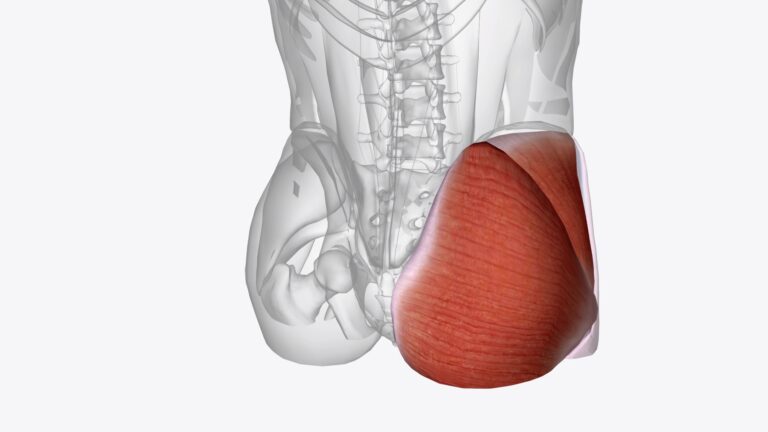Hip replacement surgery, also known as hip arthroplasty, is a common procedure aimed at relieving pain and restoring function in severely damaged hip joints. Whether due to arthritis, fractures, or other conditions, hip replacement can significantly improve the quality of life for many individuals. This blog will guide you through the key aspects of hip replacement, including indications, the procedure itself, recovery, and tips for maintaining a healthy hip post-surgery.
Indications for Hip Replacement
Hip replacement is typically recommended for individuals who experience:
- Severe Arthritis: Osteoarthritis, rheumatoid arthritis, and other inflammatory conditions can cause significant damage to the hip joint, leading to pain and limited mobility.
- Fractures: A hip fracture, often resulting from a fall or trauma, may require a hip replacement if the bone cannot heal properly on its own.
- Avascular Necrosis: This condition occurs when there is a loss of blood supply to the bone, causing the bone tissue to die and collapse.
- Chronic Hip Pain: Persistent pain that interferes with daily activities and does not respond to conservative treatments may necessitate a hip replacement.
Recovery and Rehabilitation
Recovery from hip replacement surgery involves several stages:
- Hospital Stay: Most patients stay in the hospital for a few days following surgery to monitor their progress and manage pain.
- Physical Therapy: Physical therapy begins shortly after surgery to help patients regain strength, mobility, and function. Exercises focus on improving range of motion and strengthening the muscles around the hip.
- Home Care: Patients are encouraged to continue their rehabilitation exercises at home and follow guidelines to prevent complications, such as avoiding certain movements that may dislocate the new joint.
- Follow-Up Visits: Regular follow-up visits with the surgeon are essential to monitor healing and ensure the hip is functioning properly.
Tips for Maintaining a Healthy Hip Post-Surgery
- Stay Active: Engage in low-impact activities such as walking, swimming, and cycling to maintain hip strength and flexibility.
- Maintain a Healthy Weight: Excess weight can put additional stress on the hip joint, so maintaining a healthy weight is crucial.
- Follow Precautions: Adhere to any precautions or restrictions provided by your surgeon to prevent dislocation or other complications.
- Listen to Your Body: Pay attention to any signs of pain or discomfort and consult your healthcare provider if you experience any issues.
Conclusion
Hip replacement surgery can be a life-changing procedure for individuals suffering from severe hip pain and dysfunction. By understanding the indications, procedure, recovery process, and post-surgery care, patients can make informed decisions and take proactive steps to ensure a successful outcome. If you or a loved one is considering hip replacement, consult with a healthcare professional to discuss the best treatment options for your specific condition.
Disclaimer: The information provided in this blog post is for general informational purposes only and should not be considered professional advice. Before making any health-related decisions, consult with a qualified healthcare professional. The content is not a substitute for medical advice, and individual results may vary. The author and website are not responsible for any consequences arising from the use of the information provided. Use your best judgment and seek professional advice when needed.



